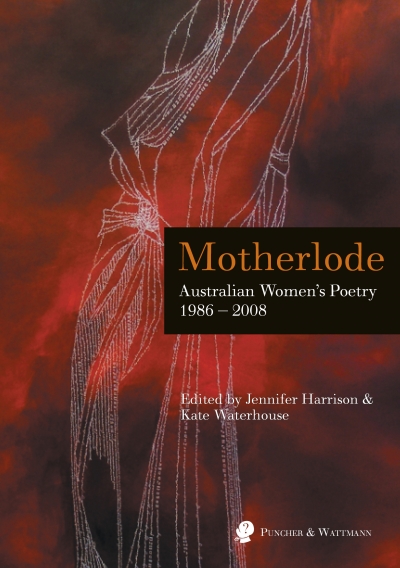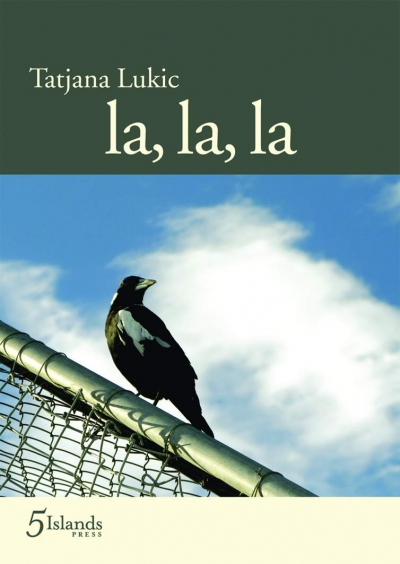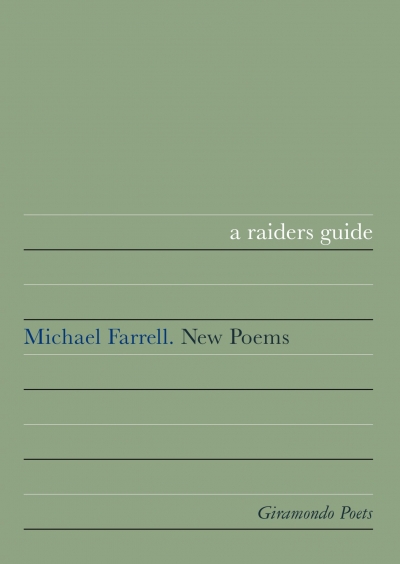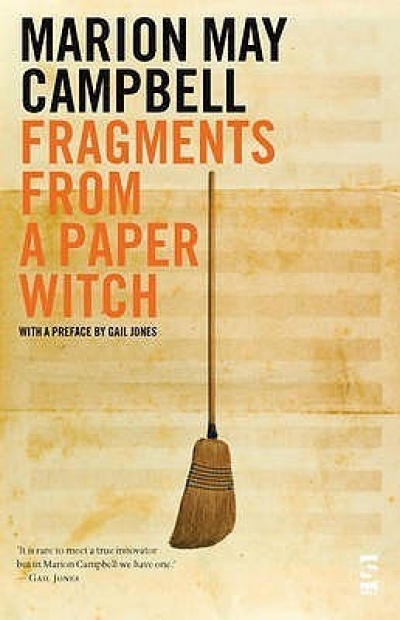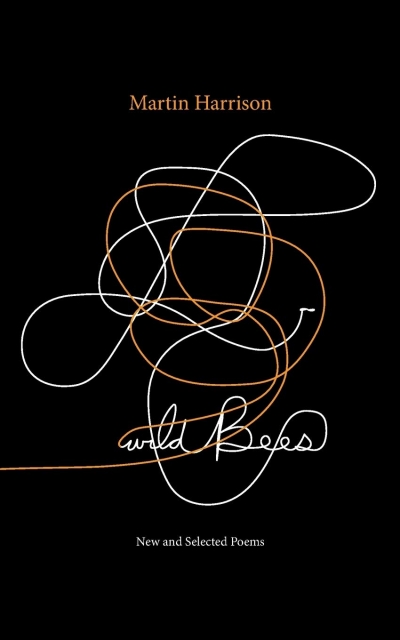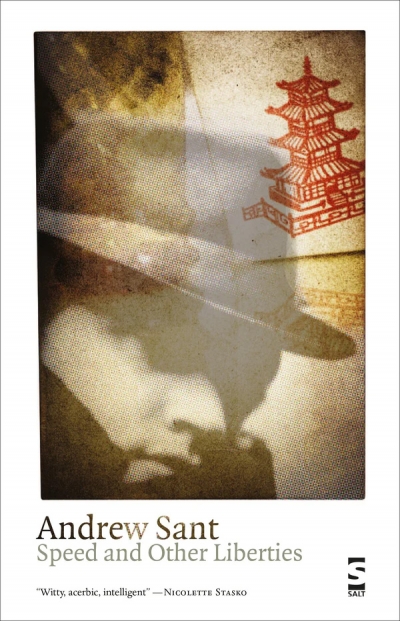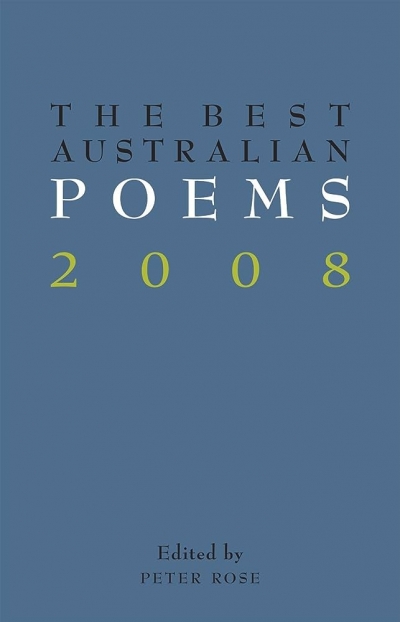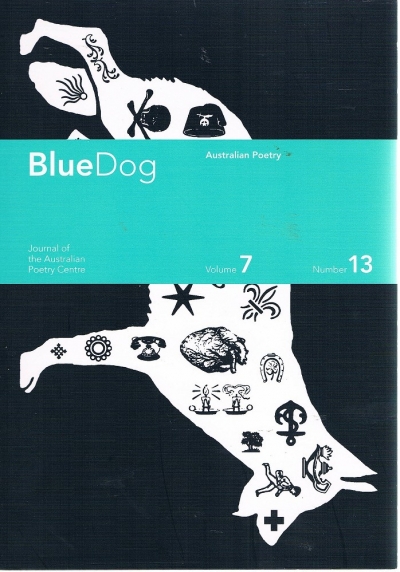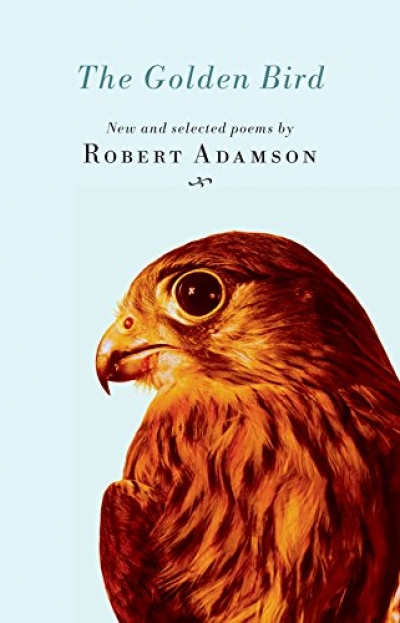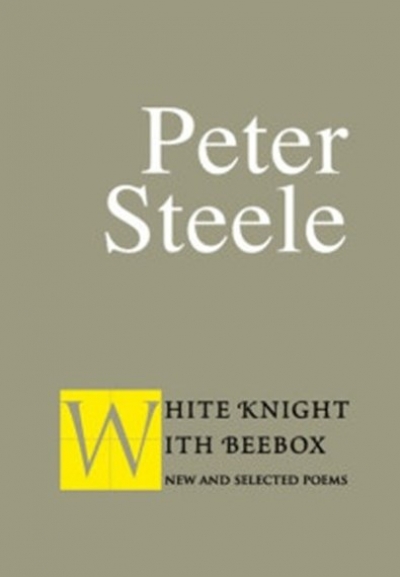Blue Dog, the Journal of the Australian Poetry Centre, has a democratic approach to Australian poetry. Submissions are judged anonymously by a team of editors from each state and territory. The journal, as the two reviews of small-press publications reveal, shows no preference for big names. The results, however, are mixed.
Highlights include Andy Jackson’s ‘Severance’, which provides a measured expression of nostalgia. The poem reflects on a childhood marked by sexual misadventure – ‘You and I were the first in our group to buy porn, / though it took us two attempts – we’d assumed Playboy / couldn’t cost much more than TV Week. Honestly, / it was the soft light palming pale curves / that drew us, not the shock of shallow gynaecology’ – and loss – ‘Years before, / our legs patterned with gum tree shadows, / we sat on either end of a bench, waiting for your mum / to come again to comfort you in your homesickness’.
...
(read more)

